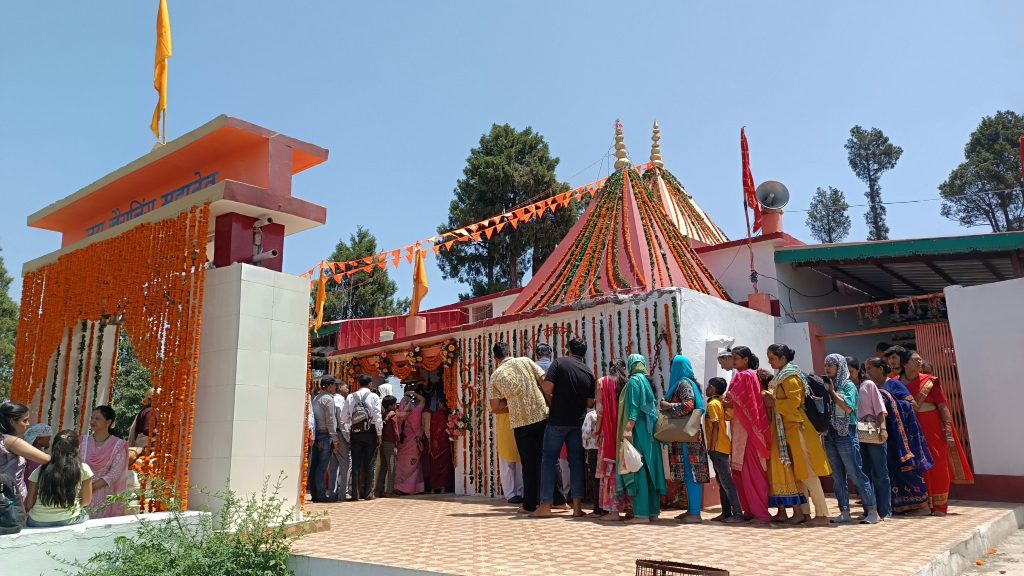Cynthia Erivo Criticizes Offensive Fan-Edited ‘Wicked’ Poster
In a recent social media outburst, Cynthia Erivo, the acclaimed actress and singer, voiced her strong disapproval of a fan-edited poster for the upcoming film adaptation of the beloved musical ‘Wicked.’ The poster, which features Erivo alongside fellow star Ariana Grande, was described by Erivo as ‘offensive’ and ‘deeply hurtful.’ This sentiment reflects the ongoing conversations about representation and the impact of fan culture in the entertainment industry.
The original poster, released by Warner Bros., was a homage to the classic Broadway artwork, showcasing Grande’s Glinda whispering into the ear of Erivo’s Elphaba. However, the fan-edited versions attempted to alter the visual narrative, which led to significant backlash. Erivo articulated her frustration, stating that the alterations made to her image were among ‘the most offensive things’ she had encountered. The actress emphasized that such edits not only distort artistic intent but also perpetuate harmful stereotypes and undermine the hard work of those involved in the film.
As the release date for ‘Wicked’ approaches, the anticipation among fans continues to grow, but so does the scrutiny of how characters are portrayed, particularly for actors of color. The conversation surrounding the edits highlights a broader issue within the fandoms, where personal interpretations can sometimes cross the line into insensitivity. Erivo’s comments have sparked discussions on social media about the importance of celebrating diversity in casting and the need for respect in fan-driven content.
In a world where digital manipulation is easily accessible, the implications of such edits can be far-reaching, affecting not just the individuals portrayed but also the perceptions of audiences. Erivo’s candid response serves as a reminder of the responsibilities that come with creating and sharing media in today’s digital age.
As the dialogue continues, it’s important for fans to engage thoughtfully with the content they love, respecting the artistic choices made by creators and the identities of the actors who bring these characters to life. Erivo’s powerful stance against the fan edits also opens the door for deeper conversations about representation in Hollywood and the significance of authenticity in storytelling.
The backlash against fan-created content that misrepresents actors is not an isolated incident; it reflects a growing awareness within the industry and among audiences about the importance of inclusivity and representation. As artists like Erivo speak out, they pave the way for a more respectful and understanding fan culture that embraces diversity rather than marginalizes it.
As we look forward to the release of ‘Wicked,’ it is crucial to support and uplift voices that advocate for authenticity and respect in the arts. The conversation surrounding Erivo’s criticisms is a vital one, encouraging us to reflect on our own engagement with media and to advocate for a more inclusive and respectful representation in the entertainment industry.
Tags: Cynthia Erivo, Fan Culture, Representation, Wicked
Peggy Flanagan: Pioneering Path to Historic Governance in Minnesota
As the political landscape shifts, Minnesota is on the brink of potentially historic changes. If Kamala Harris, alongside Minnesota Governor Tim Walz, secures victory in the upcoming election, the state could witness a groundbreaking moment in its governance history. At the forefront of this change is Lieutenant Governor Peggy Flanagan, who stands poised to assume the role of governor in an unprecedented scenario.
Flanagan, a proud member of the White Earth Band of Ojibwe, has already made significant strides as lieutenant governor, championing initiatives that foster collaboration between state officials and tribal leaders across Minnesota’s 11 tribal nations. Her commitment to inclusivity and representation has made her a pivotal figure in advocating for Native American issues and ensuring their voices are heard within the governmental framework.
If elected, Flanagan would not only be the first female governor of Minnesota but also the first Native American woman to hold a gubernatorial position in the United States. This milestone represents a significant leap towards representation in American politics, offering hope and inspiration to many who have historically been marginalized in the political arena.
The prospect of Flanagan’s ascension to the governorship highlights the increasing importance of diverse leadership in addressing the complex challenges that face modern governance. Her track record shows that she is not only a vocal advocate for her community but also a capable leader dedicated to the welfare of all Minnesotans.
As discussions around her potential governorship gain momentum, it is essential to recognize the broader implications of her leadership. Flanagan’s rise symbolizes a shift towards more representative governance and a commitment to inclusivity that resonates across various sectors of society.
In her tenure as lieutenant governor, Flanagan has focused on building bridges and fostering partnerships, which are crucial in a state characterized by its diversity. Her efforts to engage with tribal nations reflect a broader understanding of the need for collaboration in governance, particularly in matters impacting Indigenous communities.
Beyond the immediate political implications, Flanagan’s leadership could pave the way for future generations of leaders who come from diverse backgrounds. It encourages young women and people of color to aspire to leadership positions, knowing that the barriers to entry are gradually being dismantled.
The potential election of this dynamic leadership duo could not only reshape Minnesota’s political landscape but also redefine the narrative around who can lead in America. As the nation watches closely, the outcome of this election may become a defining moment for future political representation.
With the election around the corner, it is clear that the stakes are high. The impact of this political shift could reverberate far beyond Minnesota, influencing conversations about leadership, representation, and the importance of diversity in governance across the country. As Peggy Flanagan stands on the threshold of potentially making history, her story serves as a reminder of the progress that can be achieved when diverse voices are given a platform to lead.
Tags: Diversity, Minnesota, Peggy Flanagan, Representation
Blind Comedian Chris McCausland Joins the Cast of Strictly Come Dancing
In a groundbreaking announcement, Chris McCausland, a beloved blind comedian, has been unveiled as the first celebrity contestant for the upcoming series of the iconic dance competition, Strictly Come Dancing. This marks a significant milestone for the show, as McCausland becomes the first blind participant in its history, paving the way for greater representation of differently-abled individuals in mainstream entertainment. McCausland, who lost his sight in his twenties, expressed his thrill at the opportunity to showcase his dance skills on one of the UK’s most popular television programs. He shared his excitement during an appearance on ‘This Morning,’ where he discussed the challenges and joys of preparing for the competition. Joining him this season is JB Gill, a former member of the boy band JLS, who is also set to bring his unique flair to the dance floor. The announcement comes at a time when Strictly has faced criticism regarding its internal culture, with allegations of toxic behavior and bullying during training sessions. Despite these challenges, the multi-award-winning show, produced by BBC Studios, is set to return to BBC One and BBC iPlayer this autumn, promising a season filled with captivating performances and memorable moments. As the first series to feature a deaf contestant last season garnered praise for its inclusivity, McCausland’s participation is expected to further enhance the show’s commitment to diversity and representation. Viewers can look forward to seeing how the dynamic of the competition evolves with the inclusion of contestants from a variety of backgrounds, showcasing that talent knows no bounds. The anticipation surrounding the new series is palpable, with fans eagerly awaiting the electrifying performances that Strictly is renowned for. With a rich history of bringing together celebrities from various walks of life, the show continues to challenge perceptions and inspire audiences.
Tags: Blind Contestant, Chris McCausland, Dance Competition, Diversity in Media, Representation, Strictly Come Dancing



